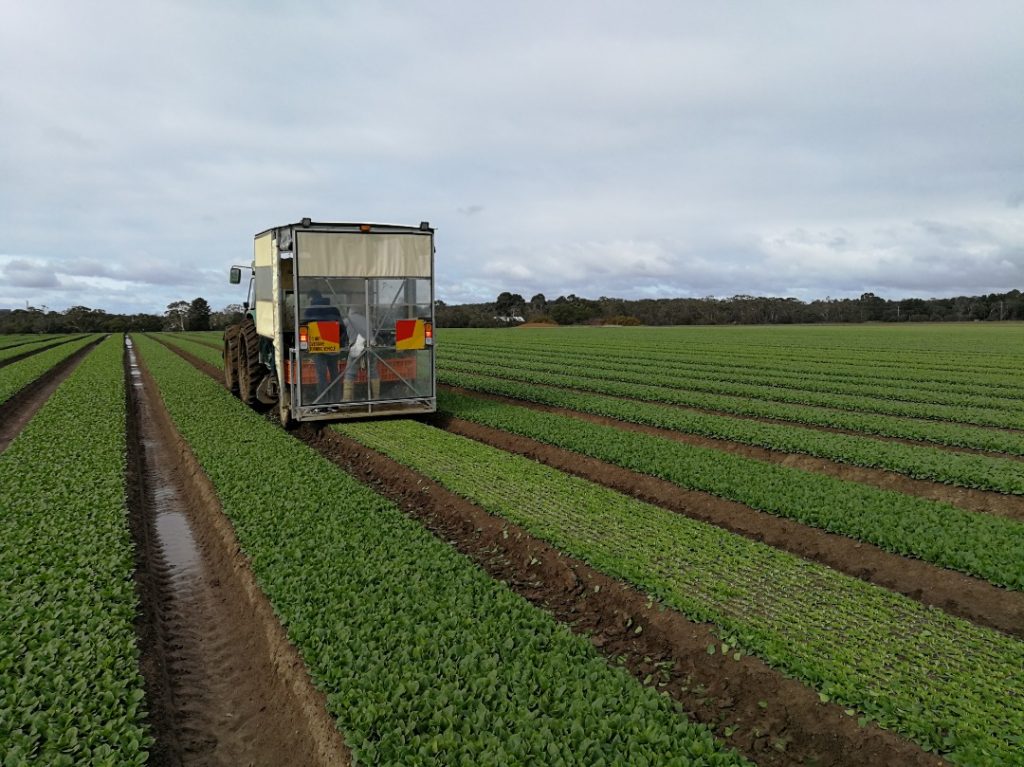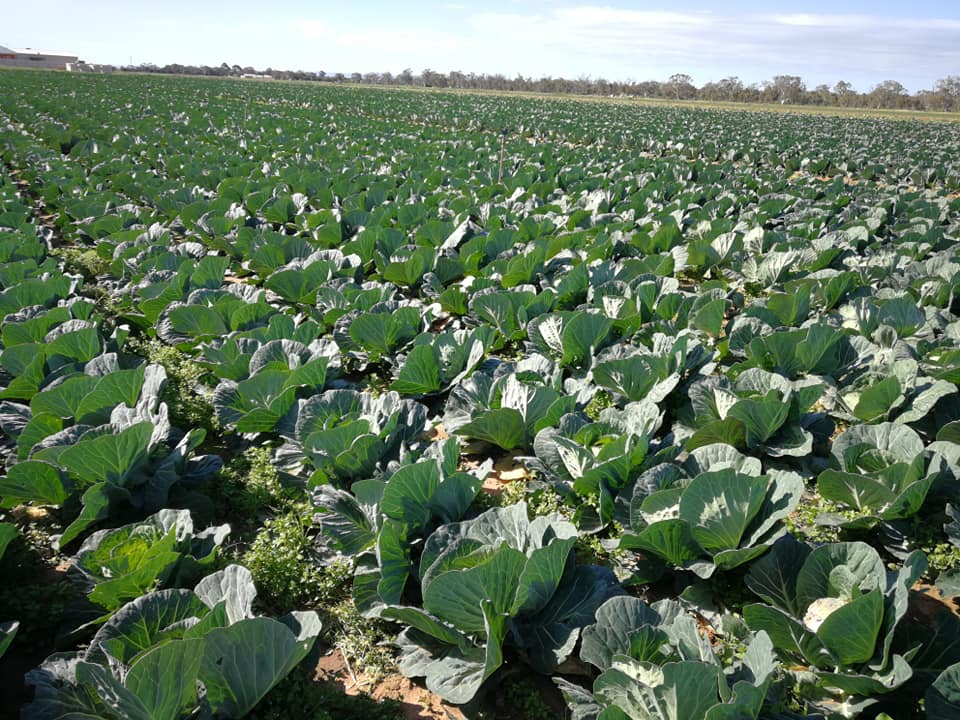
IS ORGANIC PRODUCE BETTER FOR YOU?
“Organic” seems to be the current buzz word off the supermarket shelves nowadays. Despite paying a heftier price for organic produce, it does provide us a healthier consumption of better quality foods, especially when we know it is properly certified by recognized and established entities like the Australia Certified Organic (ACO). That being said, it also impacts and benefits the entire process chain as well. Here are some benefits of the Organic Revolution.
Organic produce contains fewer pesticides.
Chemicals such as fungicides, herbicides, and insecticides are widely used in conventional agriculture and residues remain on (and in) the food we eat. Some studies have indicated that the use of these chemicals even at low doses can increase the risk of certain cancers. The difference with organic farming is that they use less pesticides and only naturally-derived pesticides, rather than the synthetic pesticides used on conventional commercial farms.
Keeps harmful pesticides and herbicides out of our beautiful ocean
Everything ends up in the ocean. Whether the chemicals are leaching through the soil into aquifers below; being blown into nearby rivers and lakes; or simply running off into the ocean after the rain. The toxins sprayed on our food are made to kill, and will do just that no matter where they are.
Organic food is often fresher
This is because it doesn’t contain preservatives that make it last longer. Organic produce is often (though not always) produced on smaller farms near where it is sold. organic food is more nutritious. Several studies have found that organic foods generally contain higher levels of antioxidants and certain micronutrients, such as vitamin C, zinc and iron. This is most likely due to natural variation in food handling and production. Organic plants do not rely on chemical pesticide sprays to protect themselves. Instead, they produce more of their own protective compounds, namely antioxidants. This may partly explain the higher levels of antioxidants in these plants.

Organic farming maintains healthy soil
Non organic foods are sprayed with extremely toxic chemicals that kill everything other than the crop itself. This includes the living organisms that a plant needs to grow and make the soil nutrient rich. Once those organisms are killed off they are replaced with synthetic fertilizers made up from more toxic chemicals. Since organic farming does not use synthetic and chemical pesticides, healthy soil levels are maintained
Nitrate Levels are Generally Lower
Organically grown crops have also been shown to have lower levels of nitrate. In fact, studies have shown that nitrate levels are 30% lower in these crops. High nitrate levels are linked to an increased risk of certain types of cancer. They’re also linked to a condition called methemoglobinemia, a disease in infants that affects the body’s ability to carry oxygen.
Organic farming is better for the environment
Organic farming practices reduce pollution, conserve water, reduce soil erosion, increase soil fertility, and use less energy. Farming without pesticides is also better for nearby birds and animals as well as people who live close to farms.
Organic farming supports pollinators
Herbicides and Pesticides do not differentiate between good and bad bugs, it simply kills them all. In order for there to be life on earth we need to maintain a certain level of biodiversity; this includes everything from the biggest mammals to the tiniest of insects. Organic farming practices healthy growing techniques that aim to maintain that necessary level of biodiversity.

Organic farming maintains healthy soil
Since organic farming does not use synthetic and chemical pesticides, healthy soil levels are maintained
Organics are typically not monocropped
Planting a single crop in a large area leaves that crop extremely vulnerable to being wiped out by a single disease or bug. Farmers are forced to spray chemicals that kill absolutely everything other than the crop itself. As a result, that crop is the laden with chemicals which humans should not be ingesting. Having lots of different plants attracts lots of different insects, all of whom end up working in harmony to promote healthy plants and fertile land.
Organic food is GMO-free
Genetically Modified Organisms (GMOs) or genetically engineered (GE) foods are plants whose DNA has been altered in ways that cannot occur in nature or in traditional crossbreeding, most commonly in order to be resistant to pesticides or produce an insecticide. While the U.S. Food and Drug Administration (FDA) insist they are safe, GMOs have been linked to cause internal organ damage, slowed brain growth, thickening of the digestive tract, increased food allergens and gastro-intestinal problems in humans. While many people think that altering the DNA of a plant or animal can increase the risk of cancer, the research has so far proven inconclusive.
- ,
- , Diet

Where The Fresh Gets Fresher
Get our Australian organic produce from our shelves at AEON, Jaya Grocer and Village Grocer Supermarkets!